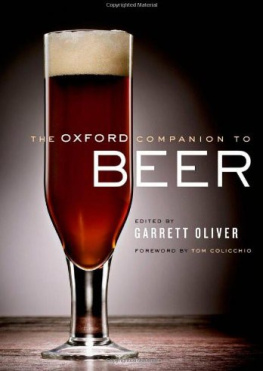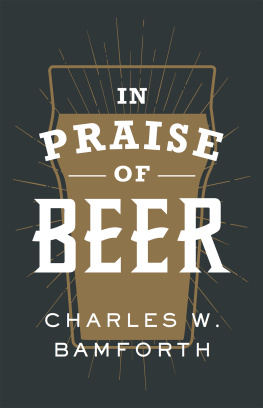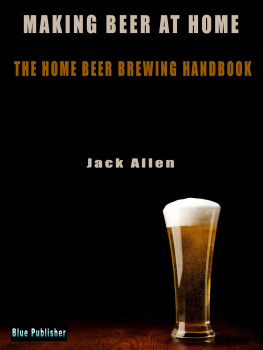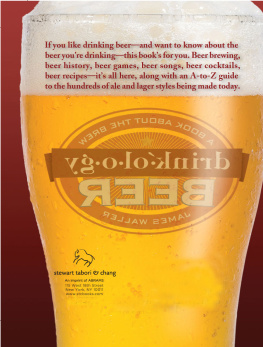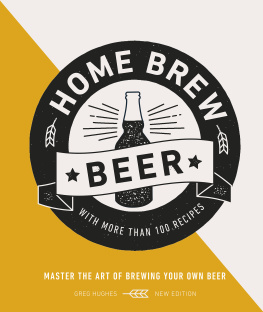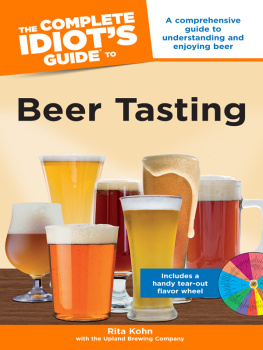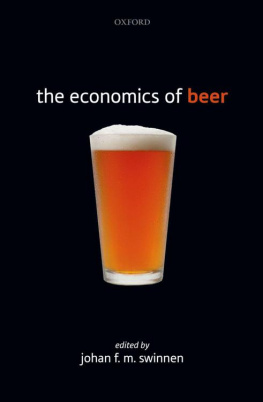
Oxford University Press, Inc., publishes works that further
Oxford Universitys objective of excellence
in research, scholarship, and education.
Oxford New York
Auckland Cape Town Dar es Salaam Hong Kong Karachi
Kuala Lumpur Madrid Melbourne Mexico City Nairobi
New Delhi Shanghai Taipei Toronto
With offices in
Argentina Austria Brazil Chile Czech Republic France Greece
Guatemala Hungary Italy Japan Poland Portugal Singapore
South Korea Switzerland Thailand Turkey Ukraine Vietnam
Copyright 2012 by Oxford University Press
Published by Oxford University Press, Inc.
198 Madison Avenue, New York, NY 10016
http://www.oup.com
Oxford is a registered trademark of Oxford University Press
All rights reserved. No part of this publication may be reproduced,
stored in a retrieval system, or transmitted, in any form or by any means,
electronic, mechanical, photocopying, recording, or otherwise,
without the prior permission of Oxford University Press.
The Library of Congress Cataloging-in-Publication Data
The Oxford companion to beer / edited by Garrett Oliver.
p. cm.
ISBN 978-0-19-536713-3 (hardback)
1. Beer.
TP570.094 2011
641.2'3dc23 2011021032
1 3 5 7 9 8 6 4 2
Printed in the United States of America
on acid-free paper

CONTENTSThe Oxford Companion to Beer
FOREWORD
Is there a more ancient recipe than the one for beer? It is thought that man began brewing beer even before he learned how to bake bread, and that beer was among the provisions that Noah brought on the ark. In ancient times, Egyptians were buried with a supply of beer; by the Middle Ages, beer played such a central role in the culture that it was an acceptable currency with which to pay taxes, settle debts, and donate to the church. Queen Elizabeth I was known to drink ale for breakfast. All by way of saying, it seems that The Oxford Companion to Beer is long overdue.
But the timing of its publication is logical. All of that rich history aside, for much of my fermented-beverage-drinking life, we were living in the dark ages of beer. A cultural staple that was for not just centuries but millennia made in the home, and later in abbeys and small breweries, had been, by the time Prohibition ended, taken over almost exclusively by multinational companies. These organizations were efficient at turning out bland brews devoid of individual character and deep flavor. Thinking back to my teens and twenties, I saw beer as little more than a means for getting drunka beverage often proceeded by the word lightand the big producers gave me what I wanted.
Somewhere in my adult life, the tide turned. Part of this was a result of my growing older and beginning to see beer as a drink worthy of appreciation, not just something cold to crack open after a softball game. Were also in the midst of a great renaissance in artisanal brewing. Microbreweries have cropped up all over North America and Europe, with small batch producers turning out wonderfully complex products that showcase beers wide variety of flavor profiles. Meanwhile, consumers are becoming thoughtful connoisseurs. At the beginning of 2010, when I opened Colicchio & Sons, a contemporary American restaurant in New Yorks Chelsea neighborhood, I realized from the beginning that I wanted to focus on beer. I started working with my beverage director to select draft beers to feature, focusing on local products as well as the best of the artisanal international brews. There were simply too many good beers to choose from, and I ended up installing 28 taps.
The Oxford Companion to Beer provides an exhaustive account of not only beers history but its science and its art, at a time when people are more willing than ever to take beer seriously. And if I had to choose one person to be my beer guide and teacher, it would be Garrett Oliver, whose passion for beer is only surpassed by his sheer knowledge on the subject. In this volume Oliver and numerous experts have assembled beer wisdom from around the globe, creating a virtual beer symposiumthe scope of which the world has never known. And we, as readers, have a front-row seat.
Tom Colicchio, New York City, February 2011
PREFACE
After water and tea, beer is the third most popular drink in the world. This should not be surprising, as beer is also the most complex and varied of drinks. It can taste like lemons or smoke, coffee or coconuts, bananas or bread, chilies or ginger. Beer can be crisply acidic and earthy, or it can be bracingly bitter and spectacularly aromatic. It can evince a mere prickle of carbonation or flourish on the palate into a fine mousse. It can be enjoyed days after it was brewed or emerge from a bottle more than a century later and produce rapturous delight.
Wine, beers great rival and table companion, despite its many wonders, cannot begin to approach beers variety of flavor, aroma, and texture. Because beer can taste like almost anything, it brings superior talents to the dinner table. Beer does not resemble wine so much as it resembles music. Beer predates human civilization and may well have had a hand in creating it. Beer was primary in the minds of ancient peoples, who carved word of it into stone, painted images of it upon temple walls, built cities fueled by its manufacture, and carried it with them into the afterlife. Beer built castles in Bavaria, great ships upon the Baltic Sea, the power of the Hanseatic League, and modern industry in London. Many of the American founding fathers brewed beer, and it has graced the tables of the White House for more than 200 years. Across the sweep of world history, at the cutting edge of technology, on the tables of the rich and the poor, in almost every human situation of any real note, you will find beer.
Why then, we must wonder, is so little written of beer today? Perhaps we must blame its ubiquity, its rapid industrialization and past standardization, and its societal even-handedness. Beer is a thing we think we know, yet right below the surface lies a fascinating world of flavor, aroma, art, and science. It is a world many of us are now rediscovering, as we seek to reconnect with our food and drink. We are brewing beer in our homes, talking about beer with our friends, and bringing beer back to the dinner table where it has always been and always belonged. This renaissance is thrilling, but when the editors at Oxford University Press came to me and asked me to become editor-in-chief of a first edition of The Oxford Companion to Beer, my first instinct was to politely refuse. I am a brewmaster by trade, and brewing is itself a profession that takes over ones life, pleasantly but insistently. How could any brewer make time for such a great task and, more important, do justice to it?
Yet as I looked around at the information about beer that was available on bookshelves, I started to realize that a lot was missing. There wasnt a single source to which a brewer, an enthusiast, a home-brewer, a restaurant beverage director, a beer distributor, or a beer novice could go and find answers to many questions he or she might have about beer. Whats more, much of the modern world of beer and brewing seemed to be missing from the shelves altogether, whether those shelves were physical or internet based. Many of beers most fascinating aspects are scattered throughout professional journals or textbooks, or are passed down in families over generations, hidden behind brewery walls, or, especially if it concerns craft brewing, barely written about at all.
Next page
